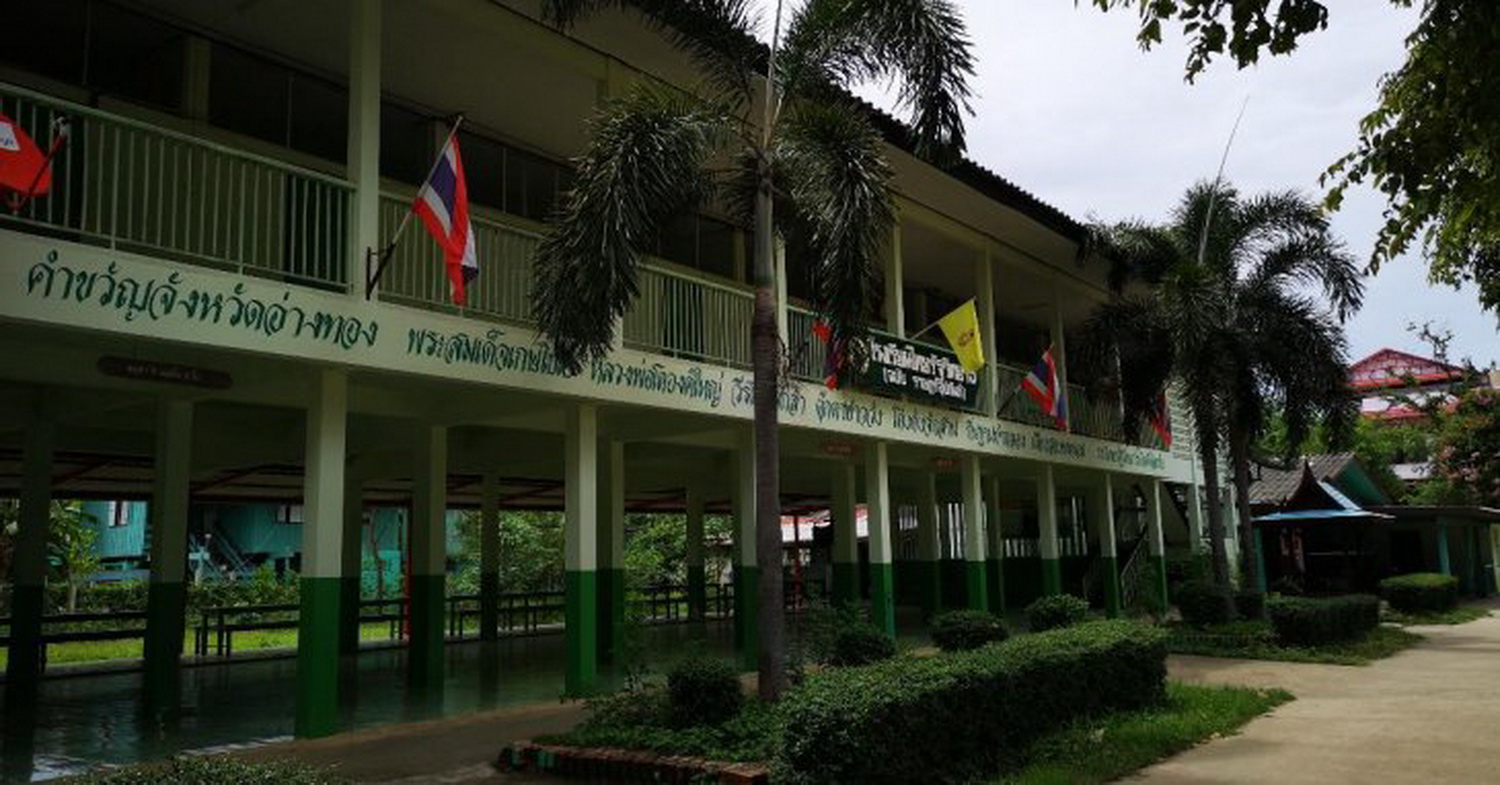
The demolition of the historic Scala theatre to pave the way for another high-rise in the Siam Square area has kicked off a public frenzy.
Since the demolition work began earlier this week, a number of netizens mourned the loss of the iconic building constructed in the so-called modern-style architecture of the 1960s. Several shared fond memories but at the same time unleashed their anger at the Fine Arts Department, which has kept its distance from the Scala saga despite its conservation duty over the property.
As the final curtain finally fell on Bangkok's last stand-alone cinema, several conservationists condemned the agency for its narrow job description, selectively limiting its mission to protecting those buildings that belong to classical and neo-classical architectural styles, in other words, palaces and temples.
The department decided not to take a stance on buildings dating back 50-60 years as it declared these were "not old enough". Some claim the department has developed a "couldn't care less" attitude toward those buildings associated with the 1932 political ideology, many of which have been left in a sorry state. With such an attitude, the state agency allows businesses or estate developers a free hand to use or misuse these structures. Unfortunately, several have already been torn down.
Some lamented how the Fine Arts Department did not register the Scala, and several other buildings that met a similar fate, as an historical building under the law on the conservation of historical buildings and historical sites. They claim such a status might have saved the building, which won a conservation award from the Association of Siamese Architects (ASA) in 2012, from being razed.
The law itself is problematic as it is too vague when it comes to listing the criteria of buildings that can be registered for such status. For that reason, it is often not possible to save them.
It is true that the existing laws give the landlords of historical buildings, in this case Chulalongkorn University, and leasers or buyers the final say in terms of what to do with the structure, ignoring public sentiment. Under Thai legislature, there is no place for the public to make concrete efforts to conserve these structures.
US-based researcher Rungsima Kullapat, in an article in the Thai daily Matichon, cited the case of the Lucas theatre, a dilapidated cinema in the state of Georgia. This got a lucky boost when members of the public decided the structure, built in 1921, must not be torn down as wished by the owner. They then pitched in, conducted a fun-raising campaign, and drew up a redevelopment plan for the building, which was eventually reopened in 2000.
The Scala could serve other functions besides being a theatre. Take London's Scala. Such redevelopment work would be possible here, too, if the landlord, developer and the Fine Arts Department had enough vision and established a platform to work with academics and the public sector to find the best solution. It needn't be another high-rise.
Conservationists are calling for a review of the law on the conservation of historical buildings and historical sites, especially a revision of the building-registration criteria, so that old-but-elegant buildings can be saved.
The government, and especially the Fine Arts Department, must lend an ear and do more to guard the heritage they have ignored for so long.



